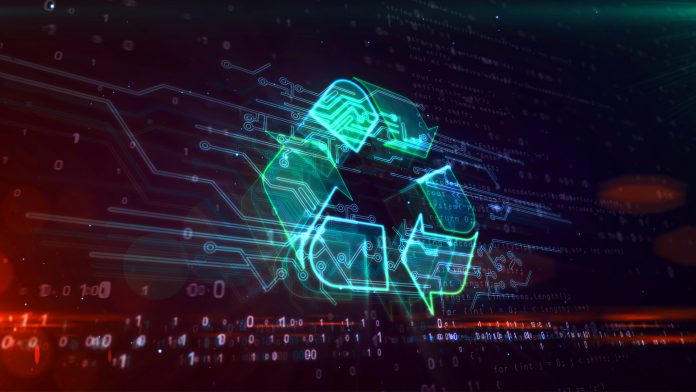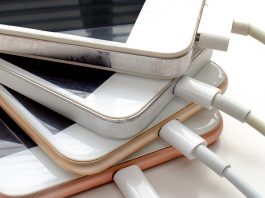A team of Swiss and Indian scientists are developing an environmentally responsible business model that aims to reduce pollution levels through sustainable e-waste recycling.
In India, more than 90% of e-waste is managed by the informal sector. While this provides income for many families, it can also have a negative impact on the environment and on workers’ health. Introducing and enforcing sustainable e-waste recycling standards is complicated due to the investments and complex administrative procedures involved.
This is why Ecowork, a project financed by the Swiss National Science Foundation and Innosuisse through their BRIDGE programme, are developing a solution. Ecowork aims to create a novel and legal business model based on the principle of co-working for micro-entrepreneurs – a process initiated by an Indo-Swiss team that includes Empa environmental researcher, Dea Wehrli.
As specialist in e-waste recycling, Wehrli already has some experience of working in India. “The Ecowork Space is intended to become a kind of incubator hub and integrate entrepreneurs into the formal value chain. This involves drawing on Empa’s valuable knowledge and many years of experience in e-waste recycling,” explained Wehrli.
Sustainable e-waste recycling for micro-entrepreneurs
Ecowork has been designed for micro-entrepreneurs who have neither investment capital nor formal experience of managing a company. It is currently being set up and tested in Delhi and is expected to provide jobs for around 40 candidates in its first year. While working with Ecowork, the micro-entrepreneurs will retain their autonomy. At the same time, they will have access to various services to help them expand their market, work more efficiently and increase their earnings.
“We are offering them a business model made up of various elements. Entrepreneurs will be able to rent a safe and legal workplace,” added Wehrli. “They will have access to tools and protective equipment, more efficient working procedures, infrastructure and a legal working environment. We will also be offering them assistance with administrative processes and training.”
Apps improve impact
Some of the sustainable e-waste recycling solutions offered by the business model are digital – such as an app that allows the entrepreneurs to work together as a network. Wehril commented: “A worker who salvages a small amount of material by dismantling a laptop can amalgamate his output with a neighbour’s – by using the app – and offer a greater volume for sale. Since buyers are more attracted to bulk, the entrepreneurs get a better price.”
“E-waste is a global issue. Switzerland has expertise, and I think we have a responsibility to get this knowledge out of academic circles by helping to improve the environmental and social situation in the recycling sector in India – not least because we could use this solution in many other countries if it proves beneficial.”
Space for innovation
Since 2017, the BRIDGE programme has been supporting projects at the interface between basic research and science-based innovation through two funding schemes. ‘Proof of Concept’ is aimed at early-career researchers, who are given 12 months to develop their research results into social or marketable applications. Projects may involve any type of innovation. ‘Discovery’ is intended for experienced researchers who want to explore and realise the innovation potential of their research results. It funds projects involving up to three partners for a maximum of four years. Funding is available for all type of innovations with a major social or economic impact.





